Lucifer’s rebellion has fascinated people for centuries. Once Heaven’s brightest star, he fell from grace and became its greatest challenger.
But why? What would drive an angel – especially one so close to the divine – to rebel? The story isn’t just about pride and punishment.
It’s a layered tale of identity, power, and choice. Whether you take it as history, myth, or metaphor, Lucifer’s fall speaks to something deeply human: the tension between obedience and self-definition.
Let’s look at 8 meaningful reasons behind Lucifer’s infamous rebellion—and what they reveal about us, too.
1. He Wanted More Than Just Worship — He Wanted Sovereignty
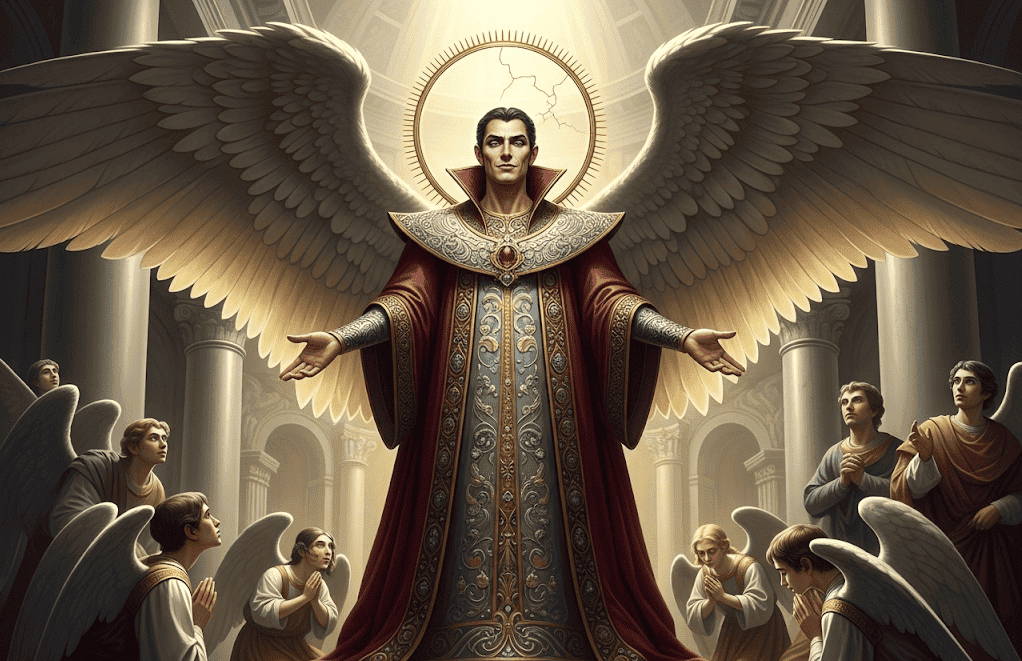
Lucifer wasn’t satisfied being one of the many worshippers of God. Some stories suggest he wanted to rule, to create, to shape destiny on his own terms.
It wasn’t just pride, it was an urge for independence. In a sense, he craved what humans now chase: sovereignty over one’s life.
This desire clashed with Heaven’s hierarchy, where order ruled all. So his ambition, while bold, was incompatible with obedience.
His rebellion wasn’t a tantrum, but a radical declaration: I will not serve. That’s what made it so powerful, and so dangerous.
2. He Couldn’t Accept the Creation of Humans
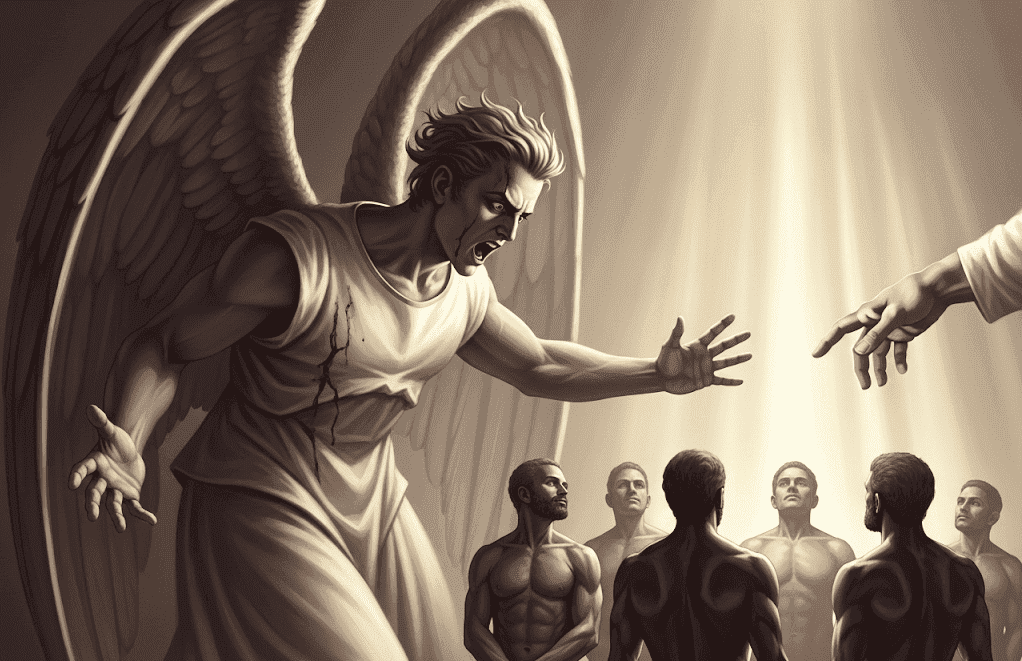
Lucifer’s fall is often linked to jealousy—not of power, but of God’s love for humanity. Some versions of the story claim Lucifer refused to bow to Adam, outraged that a being made of dust would be favored over an angel made of light.
His ego was wounded, yes, but so was his sense of justice. How could flawed, vulnerable creatures be lifted so high?
This perceived insult sparked his rebellion. It wasn’t hate for humans, it was disbelief in God’s new plan.
3. He Thought He Was Protecting Divine Truth
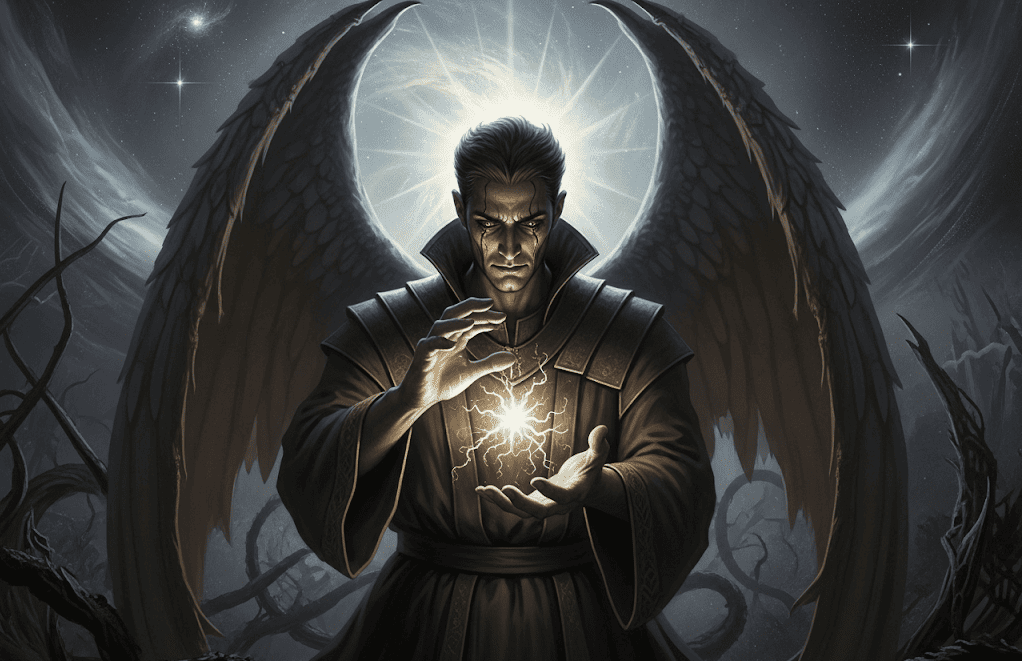
Not all versions of Lucifer’s fall paint him as evil. In some traditions, he believed he was standing for a higher truth.
Maybe he saw something in the future that terrified him – corruption, suffering, injustice. What if his rebellion was an act of protest, not evil?
What if he believed he was saving Heaven from a mistake? This version doesn’t excuse his actions, but it adds a tragic depth.
4. He Confused Confidence with Supremacy
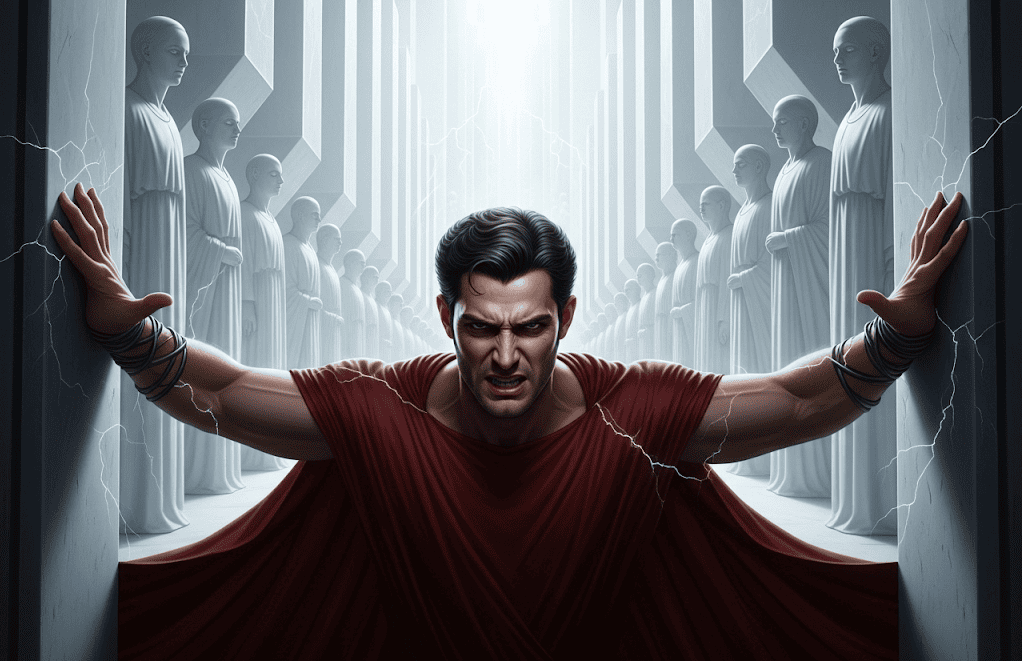
Lucifer was said to be the most beautiful, intelligent, and powerful angel in Heaven. That kind of excellence can distort perception.
Instead of confidence, it became superiority. He didn’t just feel proud of his gifts, he began to believe he deserved more than the rest.
That slow shift from humility to entitlement is what cracked the divine order. It’s a warning even for us: confidence is healthy, but when it turns into “I’m better than everyone,” it becomes a fall waiting to happen.
5. He Mistook Power for Purpose
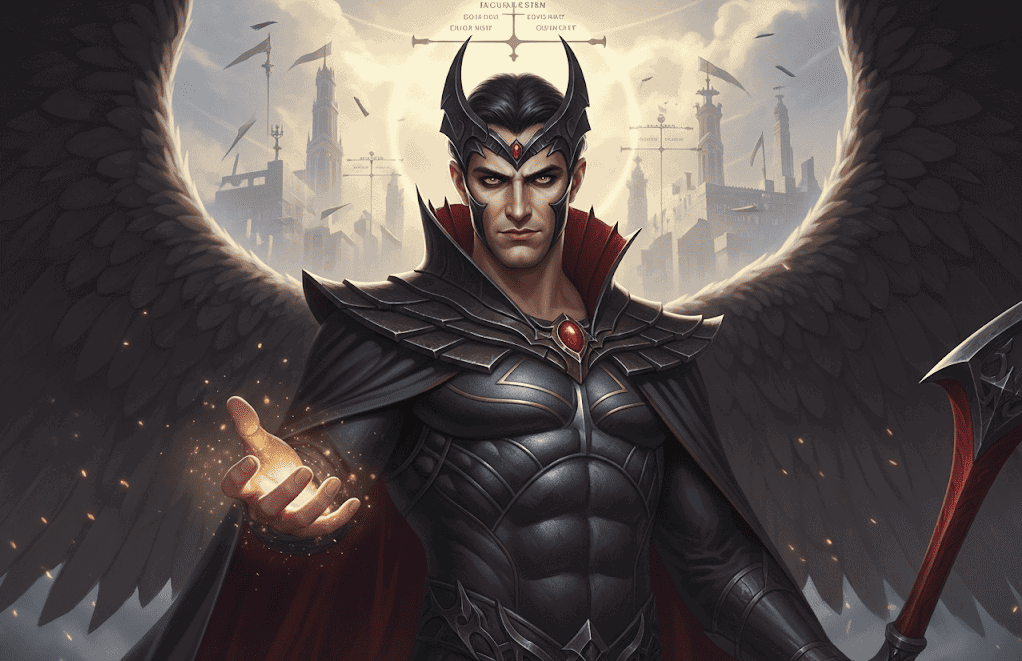
Lucifer had incredible power—but power without purpose can become dangerous. Maybe he began asking: Why do I exist? What am I meant to do beyond serving?
These questions may have created restlessness in him. Instead of finding meaning in obedience, he sought it in rebellion.
He mistook force for freedom. He thought breaking the rules would bring clarity, when in reality, it only brought isolation.
His rebellion started as a search for purpose and ended in spiritual exile.
6. He Resented the Idea of Eternal Submission
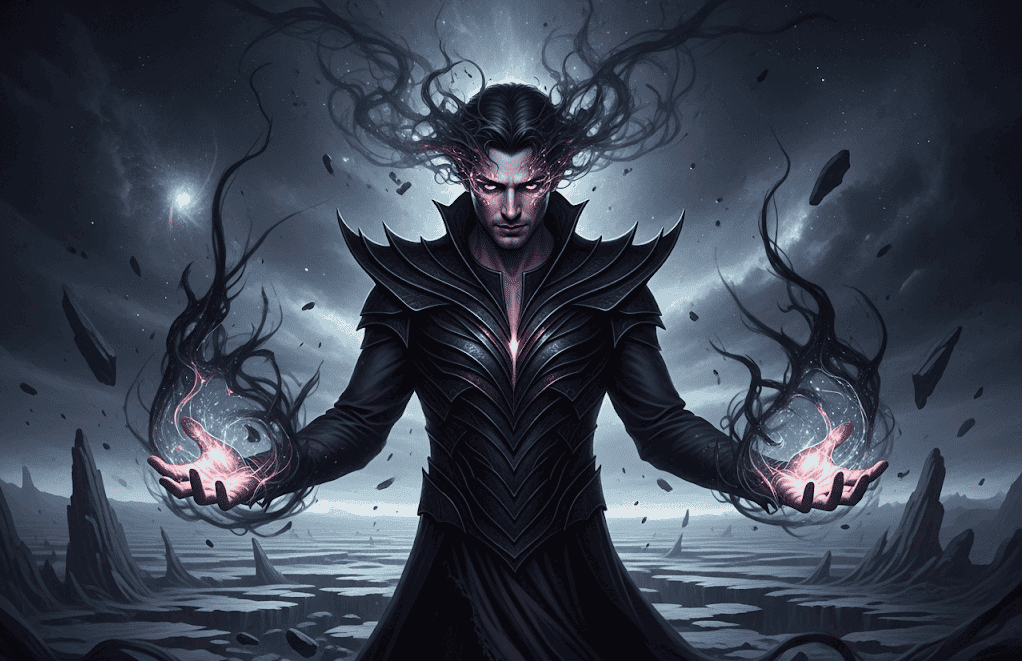
Imagine being told that no matter how brilliant, strong, or worthy you are, you will always be second. Always beneath.
That’s what eternity looked like for Lucifer. His rebellion may have been his way of breaking free from the script. Submission wasn’t just an action for him, it was a loss of identity.
So he pushed back, hard. This speaks to a universal feeling: the desire to be the author of your own story, not a background character in someone else’s.
7. He Reflected the Potential for Rebellion in Us All
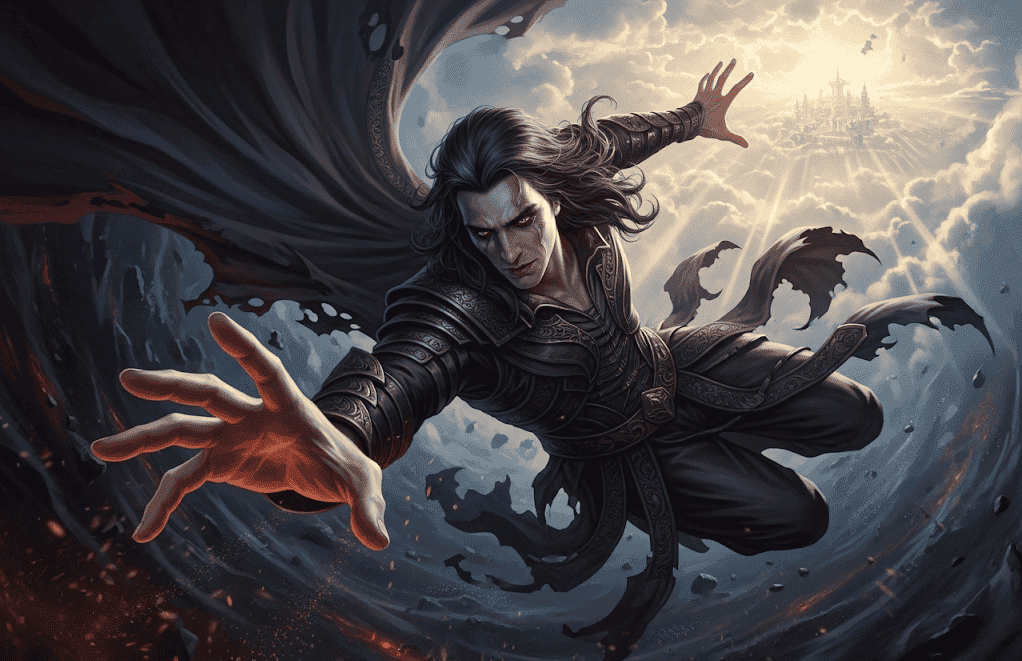
Lucifer’s fall isn’t just his story—it’s a mirror. It shows us what happens when desire, ego, and defiance meet power.
His rebellion reminds us that even the most divine beings can fall, not from evil, but from wanting more. His story resonates because it’s deeply human.
We’ve all had moments of rebellion against authority, parents, systems, or even ourselves. Lucifer represents the cost of pushing too far, too fast, without clarity of heart.
8. He Chose Freedom Over Belonging
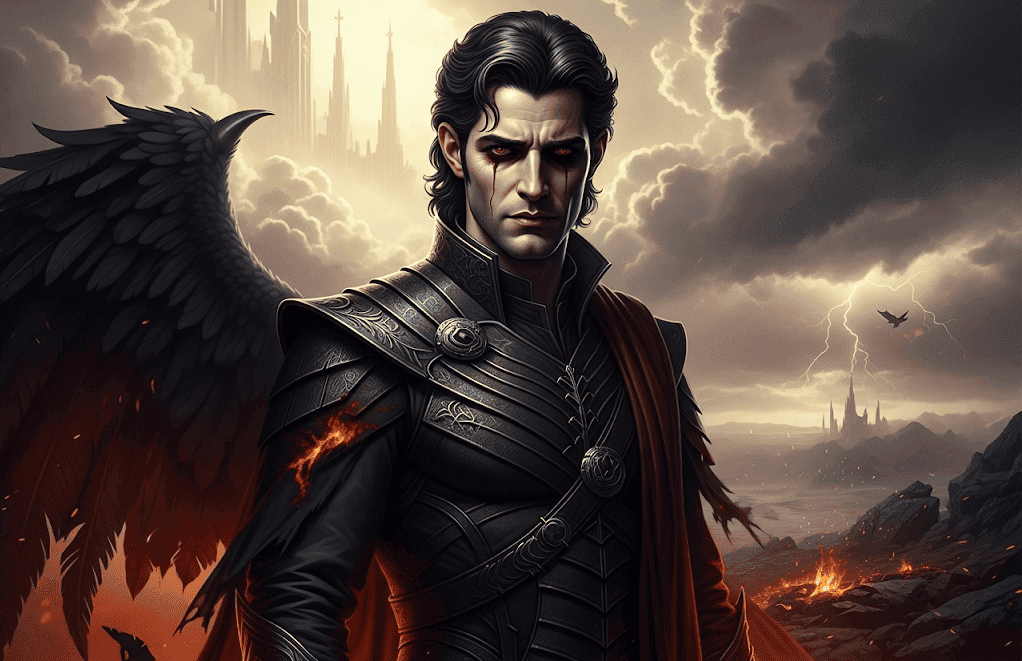
At its heart, Lucifer’s rebellion may not have been about power or pride, but about freedom. Heaven offered belonging, purpose, and order, but not freedom in the way he craved.
He wanted to choose his path, even if it meant falling. That’s the most haunting part: he chose exile over conformity.
Whether he was wrong or right, he made a choice that redefined everything. And maybe that’s why his story continues to fascinate, because freedom, for better or worse, is the most divine and dangerous thing we can claim.

Ho sempre sentito una forte connessione con il Divino fin dalla mia nascita. Come autrice e mentore, la mia missione è aiutare gli altri a trovare l'amore, la felicità e la forza interiore nei momenti più bui.

